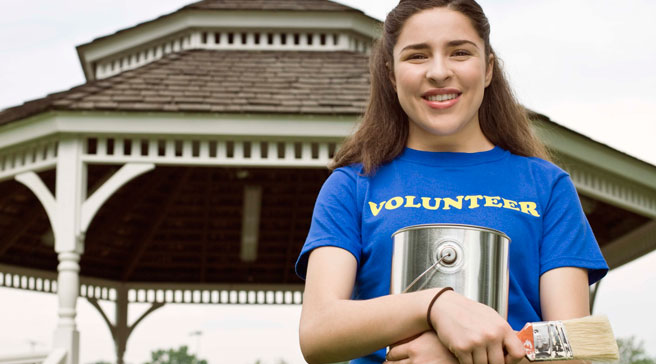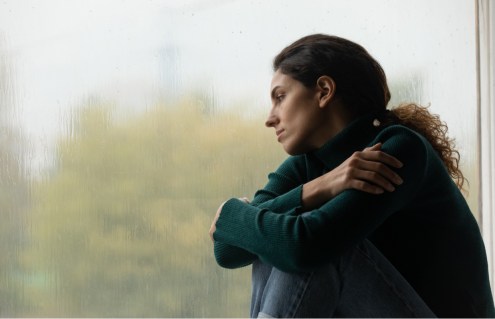The joy of giving
The pursuit of happiness may not be about helping ourselves to feel satisfied, but helping others instead

We’re having brunch next to the Charles River in Massachusetts. The restaurant is not far from Laura and Jack’s laboratories at the world-famous Massachusetts Institute Of Technology. We’re talking about their careers. But unusually, they keep looking away.
Now in their fifties, they’ve always had that open, confident look that successful Americans have. But right now, my two friends — both Nobel Prize material — are admitting they have lost their burning ambition. ‘After a while,’ they said, ‘you start to realise that yet another article published in a scientific journal isn’t going to change the world, and that at the end of the day, the prizes, the awards, the recognition at international conferences are all rather hollow. They don’t feed the soul. We may have realised this rather late in the day, but now we’re looking at how to reinvent ourselves.’
One of their duties as laboratory directors does, however, still motivate them: ‘Spending time with doctorate students who’ve come to work with us; teaching them everything we’ve learned; helping them be creative; pushing them to be bolder, braver, more rigorous — that’s always been one of the great joys of our work. Perhaps that’s what we should be devoting ourselves to now.’
None of this surprised me. I remember one of my psychotherapy teachers telling me that the fields in which people are happiest are those where they can directly help others — fire fighter, psychologist, minister, physician, social worker. I, too, had chosen to stop doing laboratory research to devote more time to working in clinics and to the charity Médecins Sans Frontières. I wanted my day-to-day contact to be with human beings rather than machines at the research centre. Matthieu Ricard, a monk and Buddhist philosopher, likes to remind his readers that the only reliable source of wellbeing is not what we do for our own pleasure, but what we do to make those around us happy. After all, each and every one of us has the capacity to reach out to others, even if our actual motivation may be selfish (because we want to feel good about ourselves).
At Vancouver University in Canada, researcher Elizabeth Dunn gave a small sum of money to two groups of students. The first group was told to spend it on themselves (paying bills or buying themselves something), and the second group was told to use it for buying a nice gift for someone or making a donation to a charitable organisation.When they came back at the end of their day out, those who’d bought themselves clothes or an electronic gadget had experienced a moment of pleasure but had gained no lasting satisfaction.
The other group, however, having used their money to make someone happy, came back beaming with pleasure. Father Ceyrac, a French Jesuit missionary, once wrote, ‘All that is not given is lost’. I’m not sure I’d go that far. But what I do know is that the next time we’re feeling a bit down, we’d be better off thinking of someone close to us whom we could help, rather than going shopping or tucking in to a tub of ice-cream. If we all adopted this model of happiness through altruism, it could only brighten the state of the planet, crisis or no crisis.
Photograph: Jupiter Images
More inspiration:
Read Giving can be thinking kind thoughts on the Tube on LifeLabs








